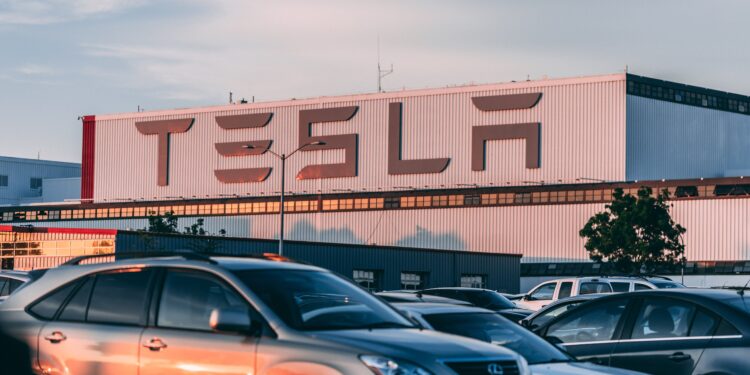Federal Framework for Self-Driving Cars Could Accelerate Tesla’s Vision, Bolster Elon Musk’s Influence
President-elect Donald Trump’s incoming administration is poised to make a federal regulatory framework for fully autonomous vehicles a priority, according to sources close to the transition team. The plan would enable the mass deployment of self-driving cars, removing barriers posed by current federal guidelines, which prohibit vehicles without human controls, like steering wheels or pedals, in significant numbers. If successful, this initiative could directly benefit Tesla Inc. (TSLA) CEO Elon Musk, a key supporter and Trump mega-donor who has championed autonomous technology and artificial intelligence as essential to Tesla’s future.
Tesla’s stock surged 8% in premarket trading on Monday, building on a 28% rise since election day, as optimism grew around Musk’s influence within the new administration. While Tesla stands to gain, traditional ride-hailing companies such as Uber and Lyft, which rely on human drivers, saw shares dip by 2% in early trading.
The federal Transportation Department’s power to ease self-driving car regulations, through the National Highway Traffic Safety Administration (NHTSA), remains limited. However, if Congress passes a legislative framework, it would open the door for widespread adoption of autonomous vehicles across the U.S. This bipartisan bill, still in early discussions, could solidify nationwide standards for autonomous vehicles and accelerate Musk’s ambition to introduce a Tesla “Cybercab” fleet, a driverless robotaxi model slated for 2026.
Several names have emerged as contenders for the position of Transportation Secretary, including Emil Michael, a former Uber executive, as well as Republican Representatives Sam Graves of Missouri and Garret Graves of Louisiana. Their appointment could signal the administration’s commitment to advancing self-driving technology at a federal level.
Musk, who recently announced plans to produce driverless Tesla robotaxis, has been vocal about the need for a federal approval process. In a recent earnings call, he suggested he would advocate for this if given a government advisory role. Trump’s recent appointment of Musk and entrepreneur Vivek Ramaswamy to head a new Department of Government Efficiency further strengthens Musk’s position as a policy influencer.
Despite multiple past efforts, federal legislation on autonomous vehicles has failed to advance. Currently, NHTSA permits manufacturers to deploy up to 2,500 self-driving vehicles under specific exemptions, but attempts to raise this cap to 100,000 have repeatedly stalled in the Senate, largely due to liability concerns from automakers. However, Trump’s team appears determined to overcome these challenges, potentially reshaping the future of U.S. transportation policy.
You might like this article:Electric Vehicle Industry Pleads with Trump to Preserve Tax Credits: Jobs and Investments at Stake











